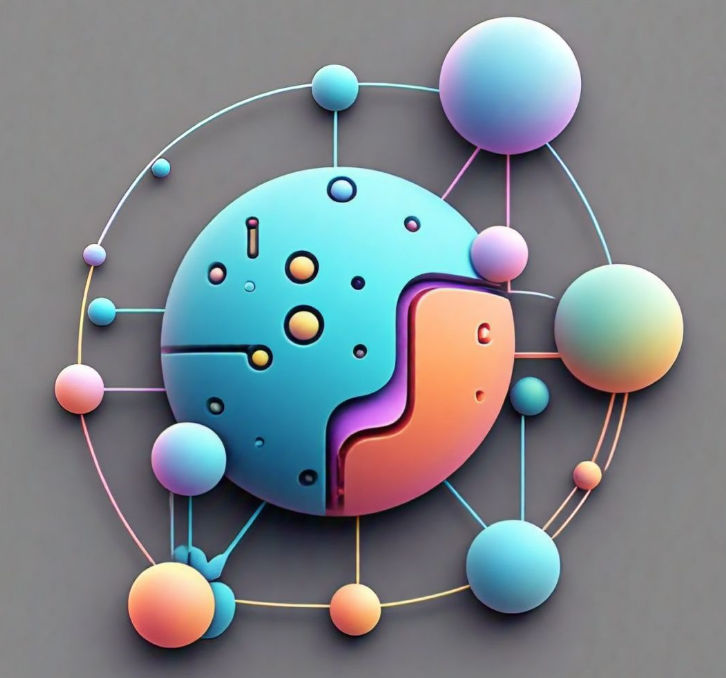Problem-solving skills refer to the ability to identify, analyze, and resolve challenges effectively and efficiently. These skills involve critical thinking, creativity, and logical reasoning to evaluate situations, generate potential solutions, and implement the best course of action. Strong problem-solving skills enable individuals to navigate obstacles, make informed decisions, and adapt to changing circumstances, ultimately leading to improved outcomes in both personal and professional contexts.
This assessment will test the following:
- Identification of Challenges: The ability to recognize and define problems or obstacles in various situations.
- Analytical Skills: The capacity to analyze information, break down complex issues, and understand the underlying factors contributing to a problem.
- Critical Thinking: The skill to evaluate situations logically, assess evidence, and make reasoned judgments.
- Creativity: The ability to think outside the box and generate innovative solutions to problems.
- Logical Reasoning: The capability to apply structured thinking to develop coherent and effective solutions.
- Decision-Making: The proficiency in selecting the best course of action from multiple alternatives based on analysis and evaluation.
- Implementation Skills: The ability to put chosen solutions into action effectively and efficiently.
- Adaptability: The skill to adjust strategies and approaches in response to changing circumstances or new information.
- Outcome Evaluation: The capacity to assess the effectiveness of implemented solutions and learn from the results to improve future problem-solving efforts.
Overall, the assessment will evaluate how well individuals can navigate challenges and improve outcomes in both personal and professional contexts.
